ISO 9001
ISO 9001 Compliance Services
- Unlock business opportunities in regulated industries
- Reduce costs and improve operational efficiency
- Improve customer satisfaction and exceed expectations
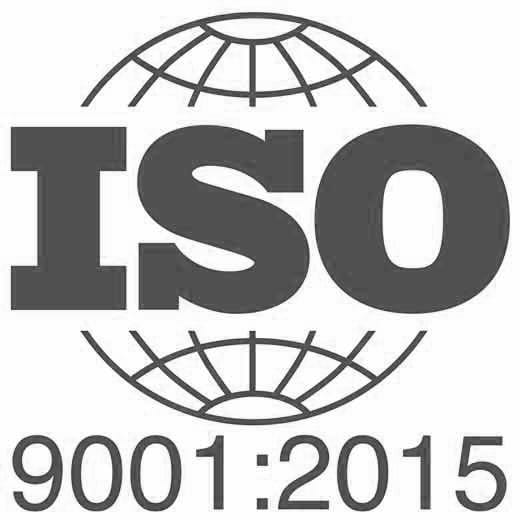
Starting your ISO 9001 Journey? Download our Top 5 Tips for Achieving ISO 9001 Compliance!
End-to-End ISO 9001 Compliance Service
ISO 9001 Compliance Methodology
Gap Assessment
CyberCrest will conduct a gap assessment and develop a path towards certification
Remediation Support
CyberCrest will assist in developing documentation and will support control implementation efforts to achieve compliance
Internal Audit and Risk Assessment
CyberCrest will conduct an internal audit and risk assessment
Certification Support
CyberCrest will provide support for steps leading up to certification issuance
Related Services
Additional CyberCrest ISO 9001 Services
HIPAA Risk Assessment
It is used in business process management to increase productivity & efficiency.

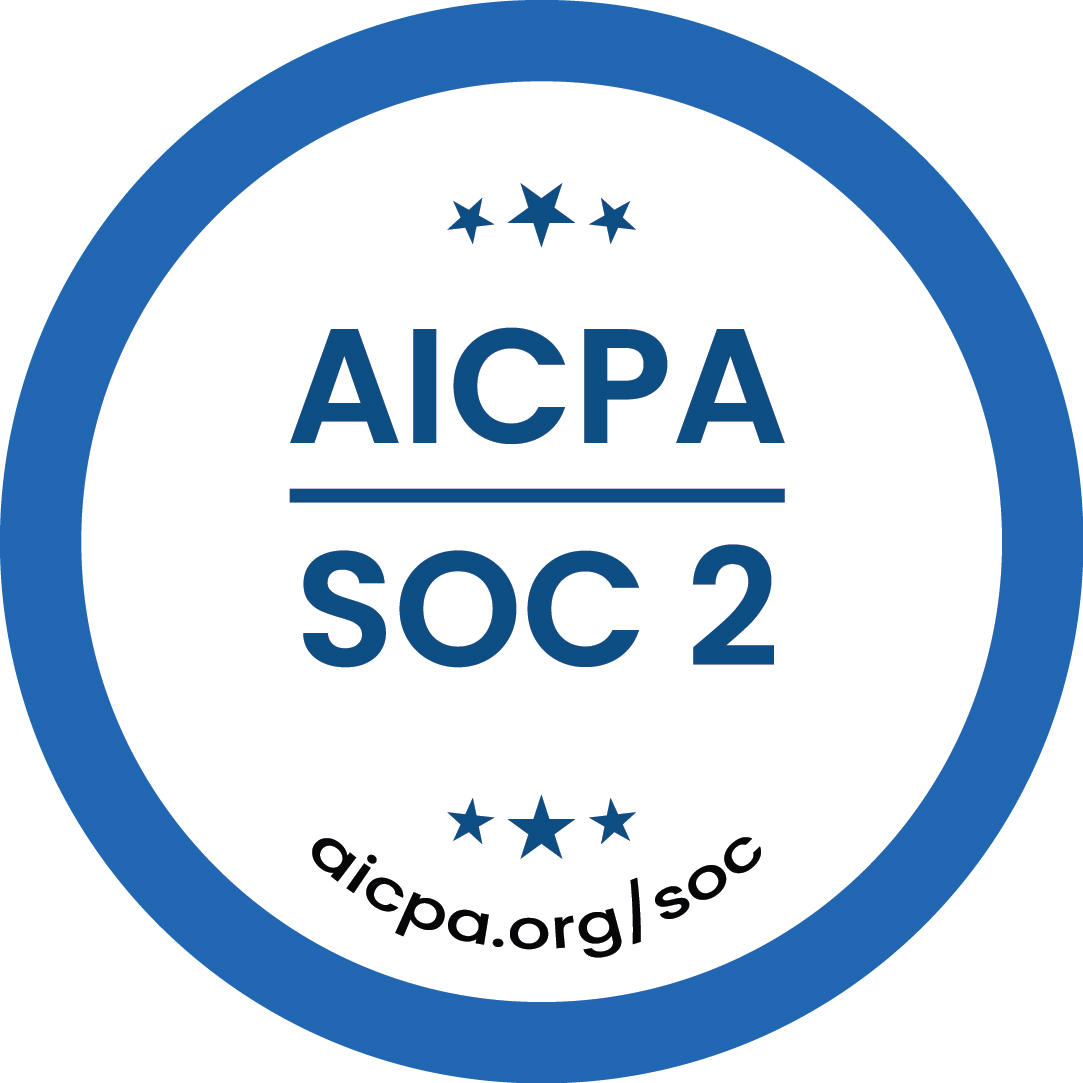
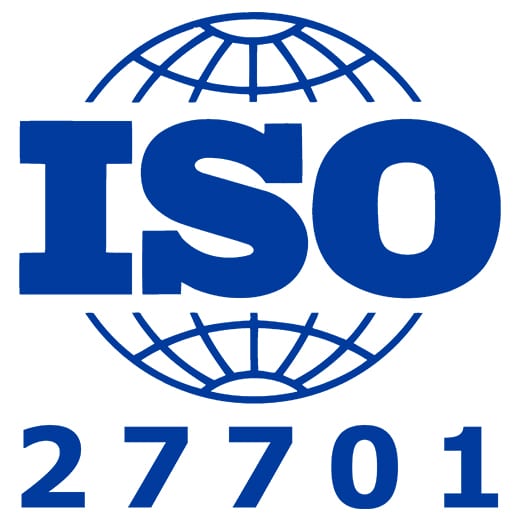
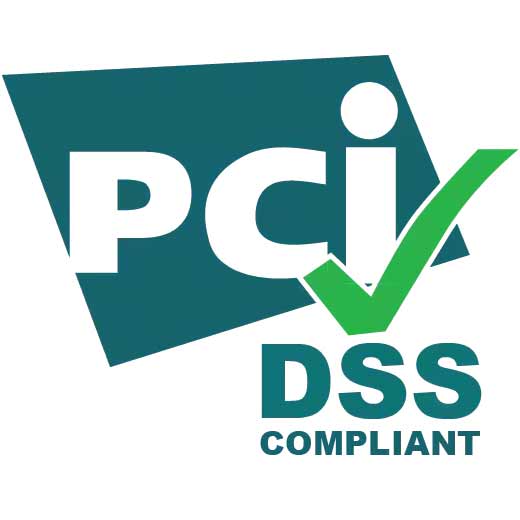
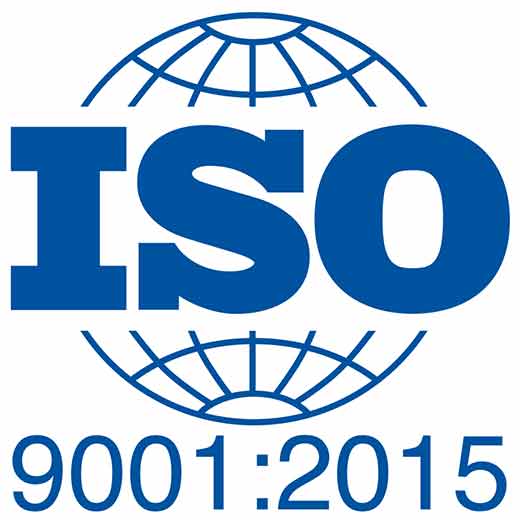
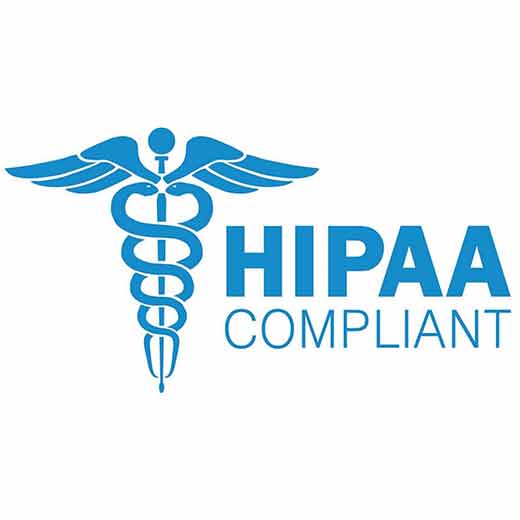

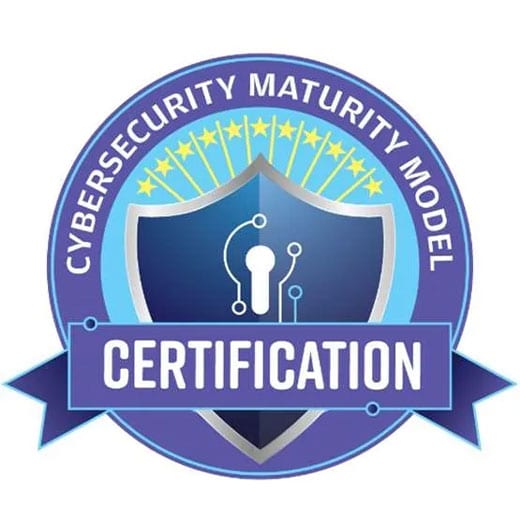
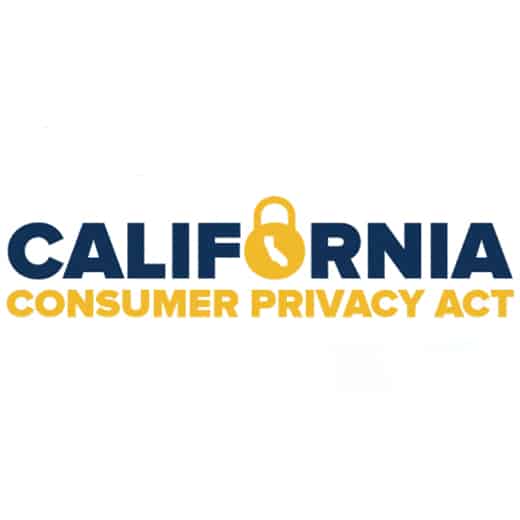
Frequently Asked Questions
What is an ISO 9001 Certification?
ISO 9001 is a standard that sets out the requirements for a Quality Management System (QMS) in an organization. It is designed to help organizations ensure that their products and services consistently meet customer and regulatory requirements, and that they are continuously improving their processes to meet changing needs.
The standard provides a framework for organizations to establish, implement, maintain, and continually improve their quality management systems. It covers a wide range of areas, including customer focus, leadership, process approach, continuous improvement, and risk management.
ISO 9001 certification is a third-party verification that an organization’s QMS meets the requirements of the standard. It can be used to demonstrate to customers, stakeholders, and regulators that an organization is committed to quality and has implemented an effective QMS.
ISO 9001 can be applied to any organization, regardless of its size, industry, or location. It is one of the most widely recognized and respected quality management standards in the world, and organizations that are certified to ISO 9001 often have a competitive advantage in their industry.
At CyberCrest, we can help your organization understand the requirements of ISO 9001 and develop a customized quality management system that is aligned with your business goals. Our team of experts has extensive experience in quality management and can help you navigate the process of achieving ISO 9001 certification. Contact us today to learn more about how we can help your organization achieve ISO 9001 certification and improve your overall quality management system.
What are the ISO 9001 requirements?
ISO 9001 is a Quality Management System (QMS) standard that provides a framework for organizations to consistently meet customer needs and regulatory requirements. The standard is based on a set of requirements that an organization must meet in order to become ISO 9001 certified.
The ISO 9001 requirements cover a range of topics that are essential for ensuring quality in an organization. Some of the key requirements include:
Context of the organization: The organization must determine its internal and external context, identify interested parties, and determine the scope of the QMS.
Leadership: Top management must provide leadership and commitment to the QMS, establish quality policy and objectives, and ensure the QMS is integrated into the organization’s business processes.
Planning: The organization must plan and implement processes to address risks and opportunities, set quality objectives, and plan changes to the QMS.
Support: The organization must provide resources, including people, infrastructure, and the work environment, to support the QMS.
Operation: The organization must plan and control processes that are required to meet customer requirements, including product/service design, production, and delivery.
Performance evaluation: The organization must monitor, measure, analyze, and evaluate QMS processes and results to ensure they meet requirements.
Improvement: The organization must continually improve the effectiveness of the QMS through the use of corrective actions, preventive actions, and process improvements.
These requirements are not prescriptive in nature, meaning that organizations can develop their own processes and procedures to meet them. However, organizations must ensure that their processes and procedures align with the ISO 9001 requirements in order to achieve certification.
At CyberCrest, we can help your organization understand the ISO 9001 requirements and implement an effective quality management system that is aligned with your business goals. Our team of experts has extensive experience in quality management and can help you navigate the complex process of achieving ISO 9001 certification. We offer specialized services to help organizations of all sizes and types achieve ISO 9001 certification and improve their overall quality management processes. Contact us today to learn more about how we can help your organization achieve ISO 9001 certification.
What is a Quality Management System (QMS) in ISO 9001?
A Quality Management System (QMS) in ISO 9001 is a set of policies, procedures, and processes required for planning and execution of quality management within an organization. It is designed to help organizations ensure that they meet the needs and expectations of their customers and stakeholders, while also meeting any applicable regulatory requirements.
The QMS is a critical component of ISO 9001 and serves as the foundation for establishing, implementing, maintaining, and continually improving an organization’s overall quality management system. The QMS includes documentation of policies, procedures, processes, and records that are essential for ensuring consistent quality across an organization.
The requirements of a QMS in ISO 9001 include:
Establishing and documenting a quality policy and quality objectives that are aligned with the organization’s overall strategic direction and goals.
Determining the processes and resources needed to achieve the quality objectives, and implementing them within the organization.
Establishing and maintaining documented information that defines the QMS, including a quality manual, procedures, and records.
Ensuring that all personnel who perform work affecting quality are competent and properly trained, and that their work is appropriately controlled and monitored.
Continually monitoring and measuring the effectiveness of the QMS, and making improvements as necessary to enhance its performance and meet customer needs and expectations.
Implementing an effective QMS can bring many benefits to an organization, including improved customer satisfaction, increased efficiency and productivity, enhanced reputation and credibility, and better overall financial performance. At CyberCrest, we can help your organization implement an effective QMS and achieve ISO 9001 certification. Contact us today to learn more about how we can help your organization improve its quality management system.
What are the benefits of ISO 9001?
ISO 9001 provides a structured approach to implementing and maintaining a quality management system (QMS) within an organization. There are numerous benefits to achieving ISO 9001 certification, including:
Improved customer satisfaction: ISO 9001 requires a customer focus and emphasis on meeting customer requirements. This results in improved customer satisfaction as products and services are consistently delivered to meet customer expectations.
Increased efficiency and productivity: Implementing ISO 9001 helps organizations identify and eliminate non-value-added activities, reduce waste, and streamline processes. This leads to increased efficiency and productivity, allowing organizations to do more with less.
Better decision-making: ISO 9001 requires the use of data-driven decision-making processes. This helps organizations make better decisions based on objective data and analysis, rather than relying on intuition or guesswork.
Enhanced reputation: ISO 9001 certification is recognized globally and can enhance an organization’s reputation, providing a competitive edge in the marketplace.
Reduced costs: By improving processes and reducing waste, ISO 9001 can result in cost savings for organizations. This includes savings in materials, labor, and other resources.
Improved employee morale: Implementing ISO 9001 can improve employee morale by providing a clear understanding of roles and responsibilities, enhancing training and development opportunities, and promoting a culture of continuous improvement.
Overall, ISO 9001 certification can help organizations of all sizes and industries improve their processes, meet customer expectations, and achieve their business goals.
Email List
Contact
- 1084 N. EI Camino Real, Suite B141 Encinitas, CA 92024
© 2023 Cybercrest Compliance Services. All rights reserved!
© 2023 Cybercrest Compliance Services. All rights reserved!

